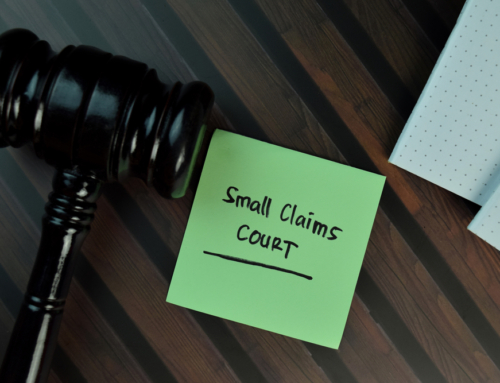Many people have heard about attorney-client privilege, but very few know what it means and how it works.
Attorney-client privilege works the same way as doctor-patient confidentiality. It is a legal doctrine that protects confidential conversations between lawyers and their clients.
For instance, after a crash, your attorney cannot reveal any information shared between the two of you to the insurance company or police officer.
So, What Exactly Is Attorney-Client Privilege?
Attorney-client privilege is a legal right that allows crash victims to disclose information to their lawyers without worrying whether the attorney will share the info with others.
This legal doctrine prevents lawyers from testifying or being compelled to reveal statements received from their clients.
Your attorney cannot discuss any info related to your claim with others, including insurance companies, courts, and police officers unless you give them permission in writing.
Section 90.502 of the Florida Statutes governs the attorney-client privilege in the state. According to this statute, a client has the right to resist compulsory disclosure and prevent others from disclosing information when pursuing legal assistance. A guardian or representative of a client can also claim an attorney-client privilege.
When Does Attorney-Client Privilege Apply?
Attorney-client privilege comes into effect immediately from the onset of confidential communications between a client and their lawyer. Once you speak with a lawyer about your claim, all your correspondence, and conversations, including your emails, letters, text messages, and phone calls, become protected.
However, for attorney-client privilege to apply, your conversations and other forms of communication must meet the following criteria:
- You have an attorney-client relationship with your lawyer
- You intend for your conversations to remain private
- Your lawyer is performing in a professional capacity
- You were speaking to a lawyer to receive legal help
Even after a successful claim or a client passes away, attorney-client privilege remains in force. The lawyer cannot disclose any information shared by their client to other parties.
Top Benefits of Attorney-Client Privilege
Wounded crash victims can benefit immensely from attorney-client privilege. First, you can talk privately to a lawyer and share vital information and concerns without worrying. In any case, your conversations will remain confidential.
Attorney-client privilege allows you to be honest and open with your lawyer, meaning you can share anything that touches on your claim. Your attorney will use these details to argue your case without disclosing anything that might derail your lawsuit.
For instance, if you have a pre-existing injury, you will likely lose your claim if the insurance company finds out about your condition. However, if you inform your attorney about your injury, you can rest assured your “secret” is safe since this info will remain between the two of you.
By informing your lawyer in advance, they will be ready to deal with the issue accordingly in the unlikely event that it comes up during the case. If you don’t share this information with your attorney, they may have difficulty convincing the insurance company not to devalue your claim or deny it altogether.
Taking advantage of attorney-client privilege can help you recover maximum compensation without jeopardizing your case.
Are There Exceptions to Attorney-Client Privilege?
Even though attorney-client privilege protects conversations between lawyers and their clients, it does not apply to cases that involve fraud and fraudulent attempts. It also does not apply to conversations that involve a planned crime. If a client is planning to commit a crime, the attorney has no other choice but to report it as required by law.
If a client speaks to their attorney in a public setting and a third party eavesdrop on the conversation, they may disclose the information, and there is nothing that the lawyer or client can do. With this in mind, it is vital to keep your conversations confidential since you never know who is listening.
If you post confidential information on social media, it waters down the essence of attorney-client privilege. After all, no law considers social media posts as privileged information. For this reason, your attorney may advise you to refrain from posting anything on social media during your case.
Email communication should be from home and your personal account instead of your work account.
Consult a Car Crash Attorney Today
If you are a wounded crash victim and want to learn how to benefit from attorney-client privilege, consult a car crash attorney today for the much-needed assistance and legal advice.








